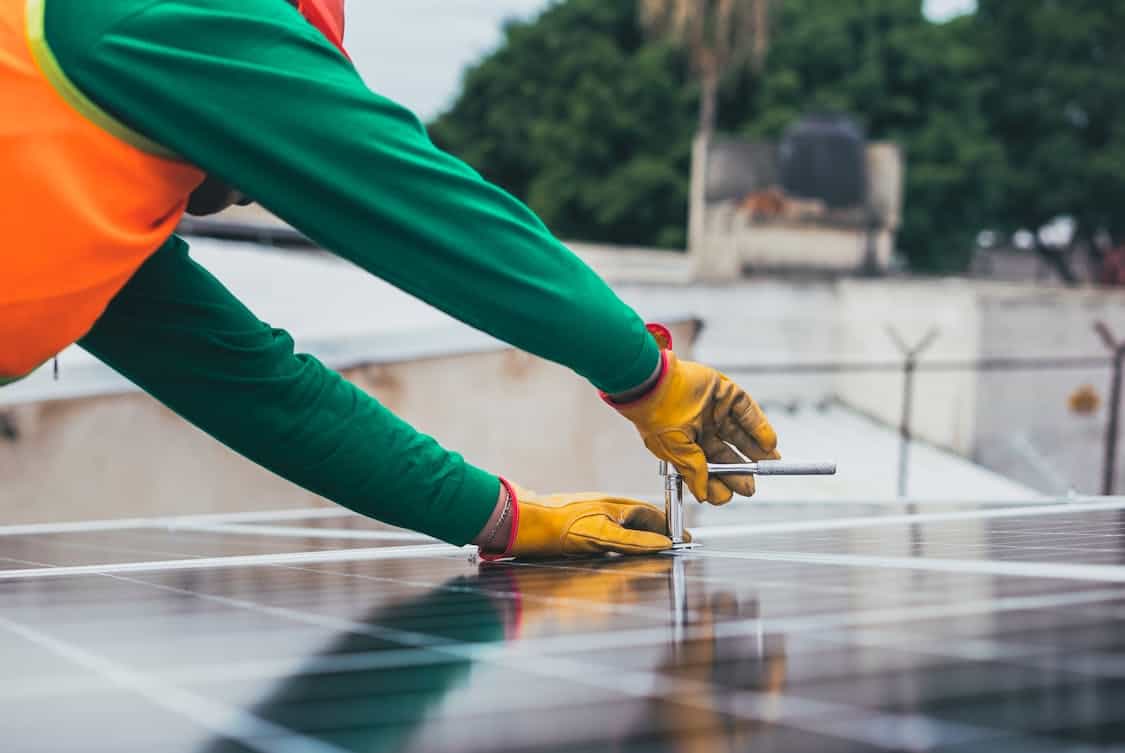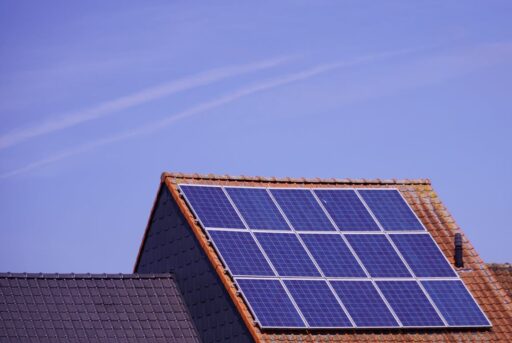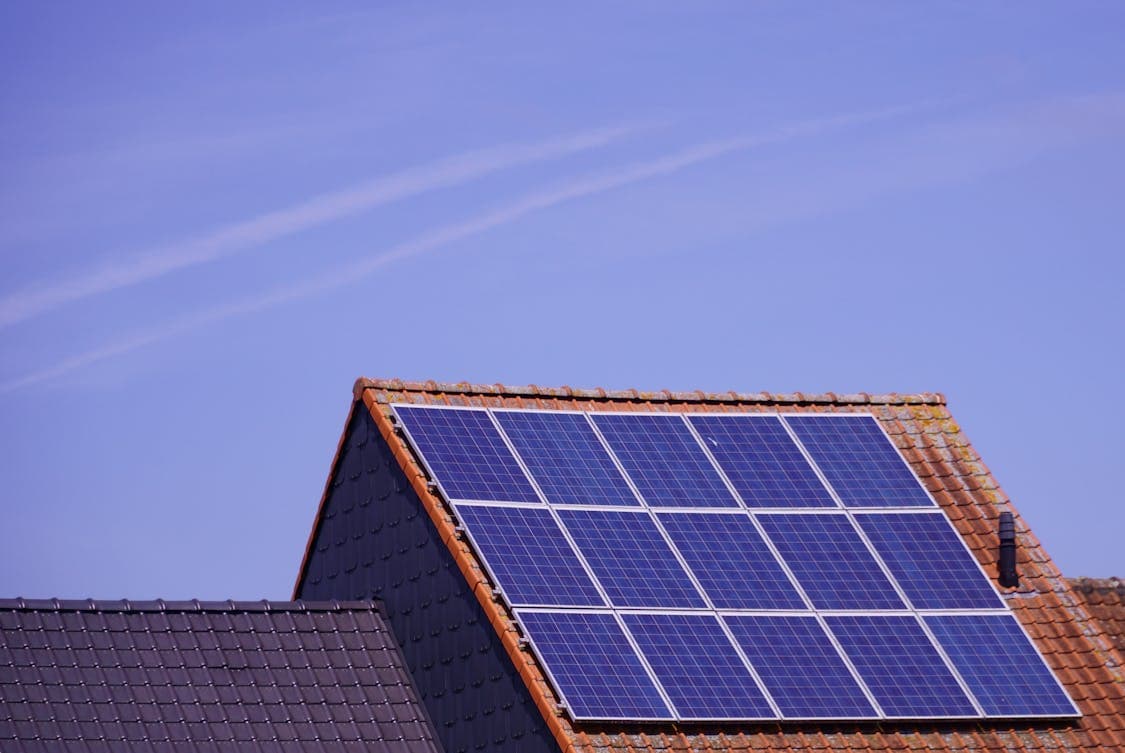As the sun rises on the popularity of renewable energy, solar panels are becoming a household name. Making the shift to solar power can feel like a monumental step, but it doesn’t have to be overwhelming.
Let’s break down the process of selecting the ideal solar panel for your home into manageable pieces.
Understand Your Energy Needs
The starting point in choosing a solar panel is assessing your energy consumption. Take a close look at your utility bills to determine how much energy you use each month.
This number will guide you in calculating how many solar panels you’ll need and what type will best suit your situation.
You might also want to consider your future energy requirements. Are you planning to buy an electric vehicle or add additional appliances? Anticipating changes can help you avoid needing to upgrade your system soon after installation.
Types of Solar Panels
There are three main types of solar panels: monocrystalline, polycrystalline, and thin-film. Each comes with its own set of pros and cons.
- Monocrystalline Panels: Known for their high efficiency and space-saving design, these panels are made from a single crystal structure. They generally perform better in low light conditions, making them a popular choice for homeowners with limited roof space.
- Polycrystalline Panels: These are made from multiple silicon crystals, making them less expensive to produce. However, they tend to have a lower efficiency rating compared to monocrystalline panels. If you have ample roof space and a tighter budget, polycrystalline may be a reasonable option.
- Thin-Film Panels: These panels are lightweight and flexible, ideal for diverse applications. While they are generally less efficient, they perform better in high temperatures. Thin-film panels can be a great choice if your roof isn’t ideal for traditional panels.
Efficiency Ratings
The efficiency of a solar panel indicates how much sunlight can be converted into usable energy. For residential installations, efficiency ratings generally range from 15% to 23%.
Higher efficiency panels may cost more, but they can potentially yield greater energy production, especially in limited space.
When shopping around, look for panels with higher efficiency ratings if space is at a premium. Remember, the higher the efficiency, the less roof area needed to generate the same amount of electricity.
Warranty and Lifespan
Solar panels are a long-term investment, so it’s essential to consider the warranty offered by the manufacturer.
Most reputable solar panels will come with a warranty ranging from 25 years for performance and 10 to 12 years for product quality. A solid warranty reflects the manufacturer’s confidence in their product.
A panel’s lifespan is generally around 25-30 years, but that can vary based on the quality of the materials and the installation process. Look for panels that promise durability and reliability over the years to maximize your investment.
Cost and Budget
The cost of solar panels can be a sticking point for many homeowners. Prices can vary widely based on the type of panels, installation costs, and incentives available in your area.
It’s essential to create a budget that considers the upfront cost of panels, installation, and any ongoing maintenance.
Don’t forget to factor in available tax credits, rebates, and financing options. Many regions offer incentives that can significantly reduce your initial investment. Research local programs to see what you might be eligible for.
Installation Considerations

Solar panel installation isn’t a DIY project for most homeowners. It’s wise to hire a reputable and experienced solar installation company.
Before making your choice, check reviews, and ask for referrals from friends or family who have made similar transitions.
If you’re based in Utah, we highly recommend getting in touch with a trusted salt lake city solar installation provider to ensure the job is done right and up to local code.
Ask potential installers about their experience with your chosen type of panels. A knowledgeable installer will not only set up the system correctly but will also ensure that it meets local codes and regulations.
Orientation and Roof Space
The orientation of your roof plays a significant role in the efficiency of solar panels. Ideally, panels should face south to maximize sunlight exposure. East and west-facing roofs can still work, but they may produce less energy.
Ensure you have enough roof space for the number of panels you need. A professional installer can evaluate your roof’s structure and angle to determine the best configuration.
If space is limited, you may need to lean toward higher efficiency panels.
Research and Reviews
Before settling on a particular brand or model of solar panels, do your homework. Research various manufacturers and read customer reviews.
Look for feedback on performance, durability, and satisfaction. This will help you make an informed decision and avoid potential pitfalls.
Many online platforms provide comparisons between different solar panels, making it easier to weigh your options. Use these resources to gather insights and recommendations.
Environment and Climate
Your local climate can affect the performance of solar panels. Areas with consistent, sunny weather will yield better results than regions with frequent rain or snow.
However, modern panels are designed to operate efficiently even in less-than-ideal conditions.
If you live in a climate with heavy snowfall, consider panels that are resistant to snow accumulation. Conversely, if you’re in a hot climate, look for panels that perform well in high temperatures.
Every little detail can impact the performance of your solar system.
Monitoring and Maintenance
To ensure your solar panels are performing optimally, consider investing in a monitoring system. Many modern solar installations come with monitoring capabilities that allow you to track energy production and detect any issues promptly.
Maintenance is typically minimal, but regular cleaning and inspections can help extend the life of your panels. Make sure to ask your installer about maintenance recommendations and services they offer.
Incentives and Financing Options
In many regions, switching to solar can come with various incentives, making it more affordable. Investigate local, state, and federal programs that offer tax breaks, grants, or rebates.
These can significantly reduce the overall cost of your solar panel installation.
Financing options are also available for those who might not have the full upfront cost. Solar loans, leases, and power purchase agreements (PPAs) are some common choices that can make solar energy more accessible for homeowners.
Consultation with Professionals
When in doubt, consulting with solar energy professionals can provide clarity. Reach out to local solar energy companies to discuss your options and get personalized advice based on your unique situation.
They can provide insights into the best panels for your home and walk you through the installation process.
Taking the time to gather information and ask questions will pay off when it comes time to make your decision. Remember, investing in solar energy is a significant step, and you want to feel confident about your choice.
Local Regulations and Permits
Before installation, familiarize yourself with local regulations and permits. Some regions have specific requirements for solar installations, including zoning laws and building permits.
Your installer should be well-versed in these regulations and can help guide you through the necessary steps.
Make sure you comply with all local guidelines to avoid any setbacks during the installation process. Following the rules from the get-go can save you time and hassle down the line.
Choosing the right solar panel for your home involves careful consideration of your energy needs, budget, and the specific characteristics of your property.
By taking the time to evaluate these factors and work with knowledgeable professionals, you can make a decision that not only benefits your home but also contributes positively to the environment.













